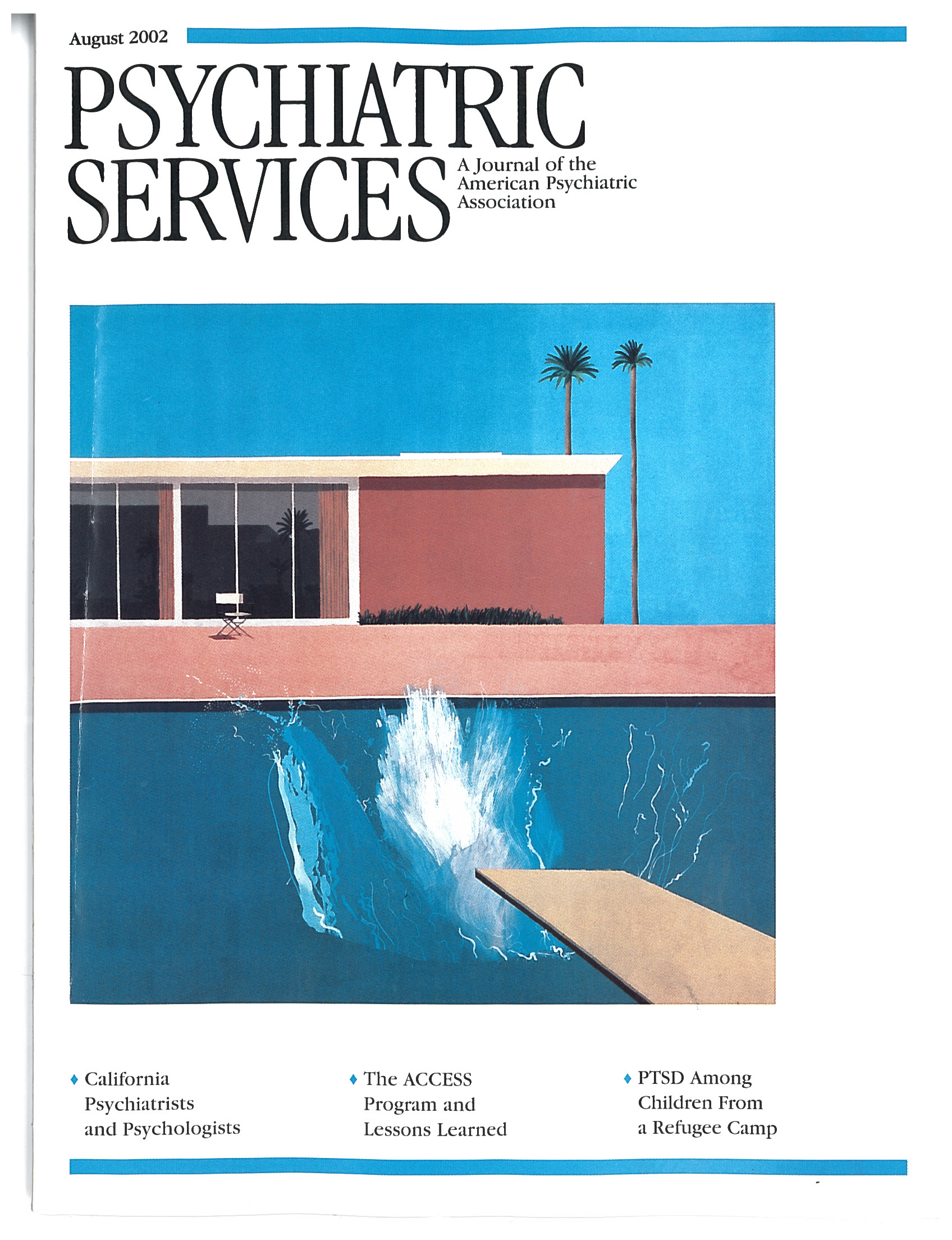Handbook of Psychological Change: Psychotherapy Processes and Practices for the 21st Century
Is there a provider of psychiatric services among us who has never said, "I wish I could take a focused, high-level course in what's happened in the field of psychotherapy since I graduated"? Is there a graduate student among us who has never thought, "If only there were time, I would read up on the history and development of the psychotherapies—a history that my teachers know because they lived it, but that for me is a blur"? And is there an academic among us who has not fretted, "My work has become so specialized…. On my next sabbatical I should read up on the newer developments in areas outside my own"?
We doubt it. Happily, Snyder and Ingram and their collaborators speak to each of these desires in a packed but highly readable volume, Handbook of Psychological Change. The book's 34 chapters are organized into six parts: the history of psychotherapeutic change; research methods for studying the effectiveness of therapeutic change along with a critical analysis of these methods; the role of selected nonspecific factors in what makes interventions work, such as therapist variables, client variables, and stages of change; the basic mechanisms of change in and the empirical status of 13 different psychotherapeutic approaches; therapeutic approaches to use with special populations, such as abuse and incest survivors and older adults; and psychotherapy in the new millennium—a section that addresses, among other topics, prevention science, psychotherapy in American society, and the training of future psychotherapists.
Given its deliberate focus on the future, the book devotes only a single, though inspiring, philosophical chapter to the history of psychotherapy and two chapters to research per se. The latter review and discuss—positively but not uncritically—the state of the art in psychotherapy outcomes research and the empirically supported treatment movement. Although these chapters may be tough going for readers not trained in psychotherapy research, they form an important foundation for the rest of the book, because research evidence (or the lack thereof) for the effectiveness of each therapeutic approach is infused in parts 3, 4, and 5.
The chapters in parts 4, 5, and 6 are stand-alone articles. They do not all follow the same format, yet they manage to cover similar territory, and the text has a coherent feel to it. Despite its length, the book is not encyclopedic, in scope or in style, as the authors provide opinions and analyses as well as descriptive material; in this respect, reading it is much like attending a graduate seminar with the top scholars in each area. It is good to see the sometimes-marginalized marital therapies, constructivist and narrative therapies, group therapy, and other types of therapy treated in the main section of the text. While the individual chapters in parts 5 and 6 are excellent, they encompass a more eclectic, less coherent collection of topics.Handbook of Psychological Change is not a how-to manual, although readers will find ample references to resources for learning the various approaches. Rather it is an ambitious and demanding, but humble, work on the science of psychotherapy that places the person squarely within the frame of discussion.
Dr. Heatherington and Mr. Eyre are affiliated with the department of psychology at Williams College in Williamstown, Massachusetts.



